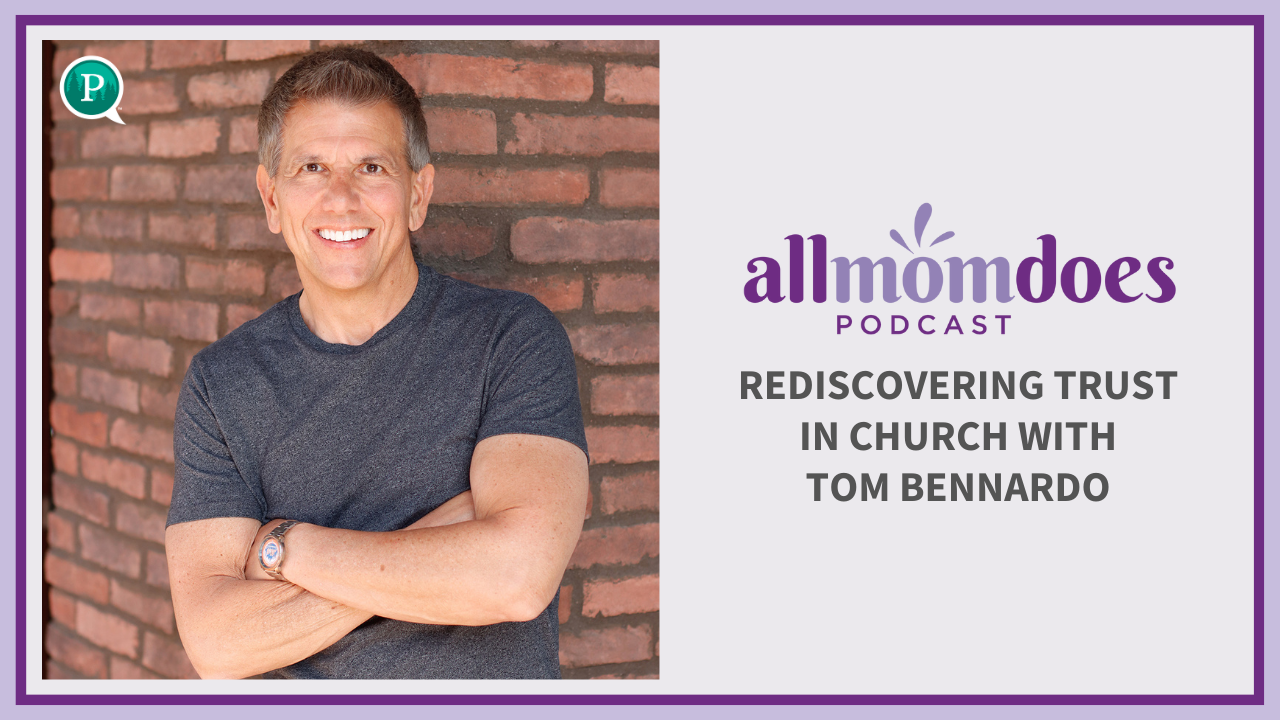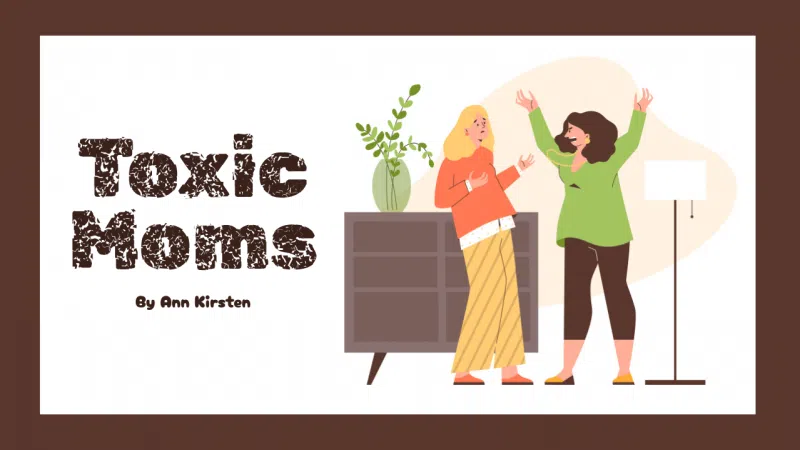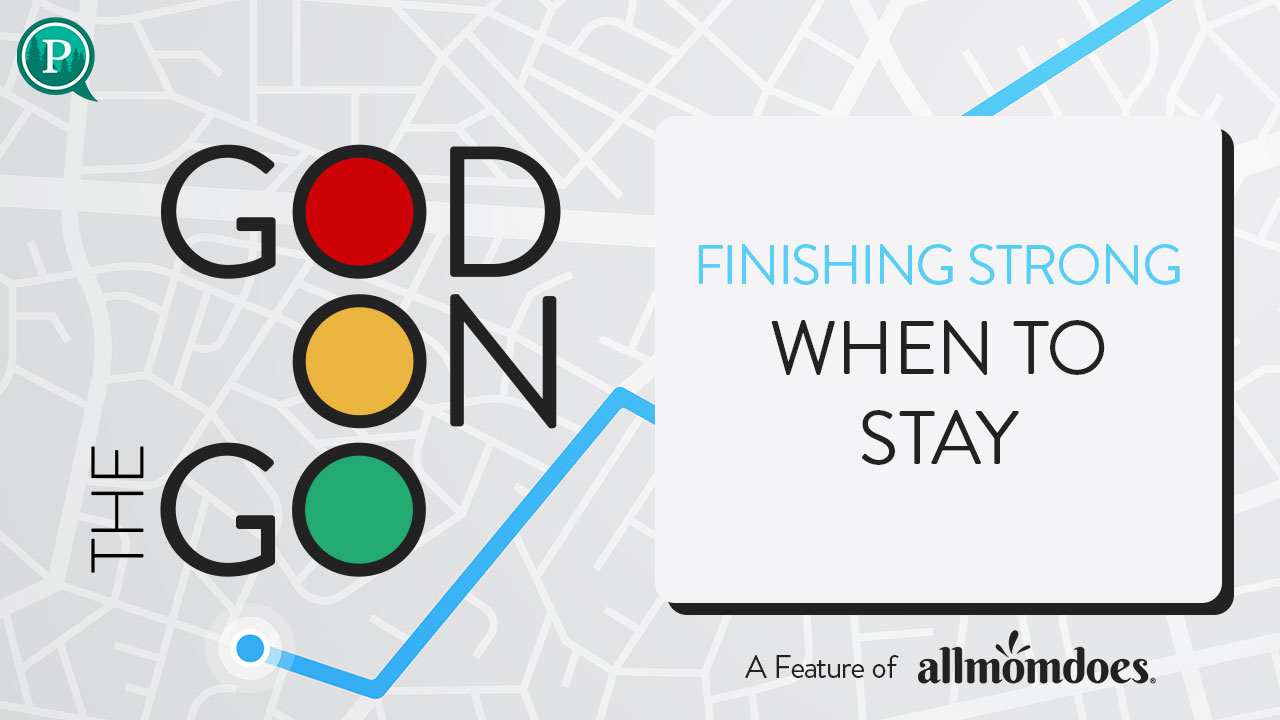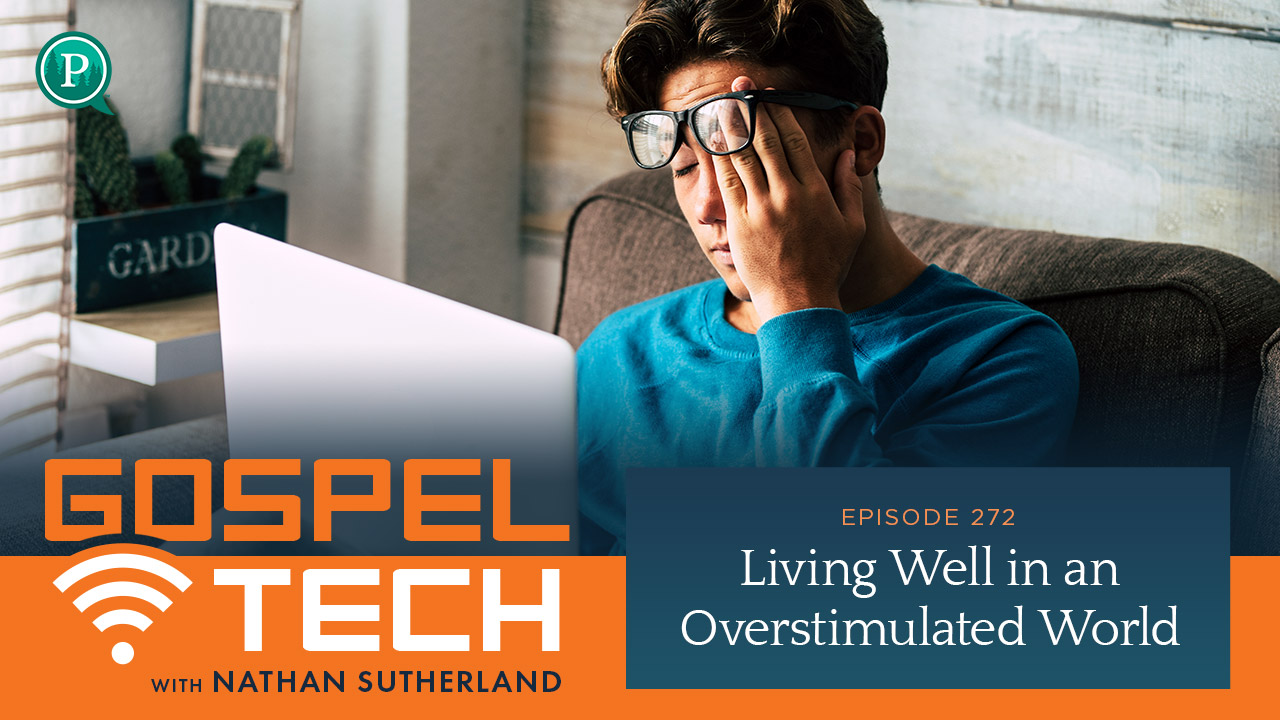It’s been nearly three years since we had a dog. For years we swore we’d be pet-free after our last one passed. But slowly…ever so slowly…we began to entertain the idea of a new companion. We had clear criteria of the type of dog we wanted, and since applying for animal adoptions is basically a competitive sport during this pandemic, it took awhile before we finally got the call. But at the beginning of December we brought home the sweetest and cutest little puppy you ever did meet, and we became brand new puppy parents.
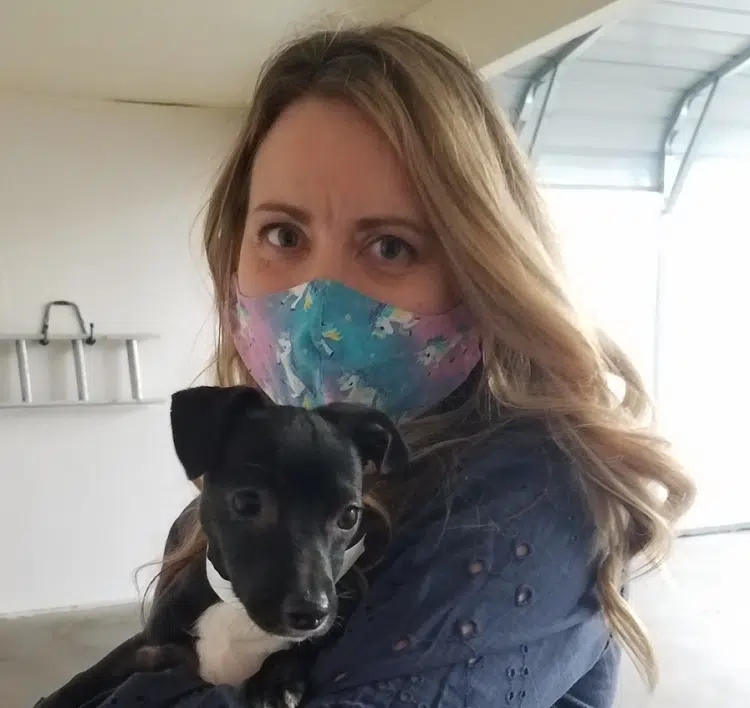
And then four weeks later, we did it again.
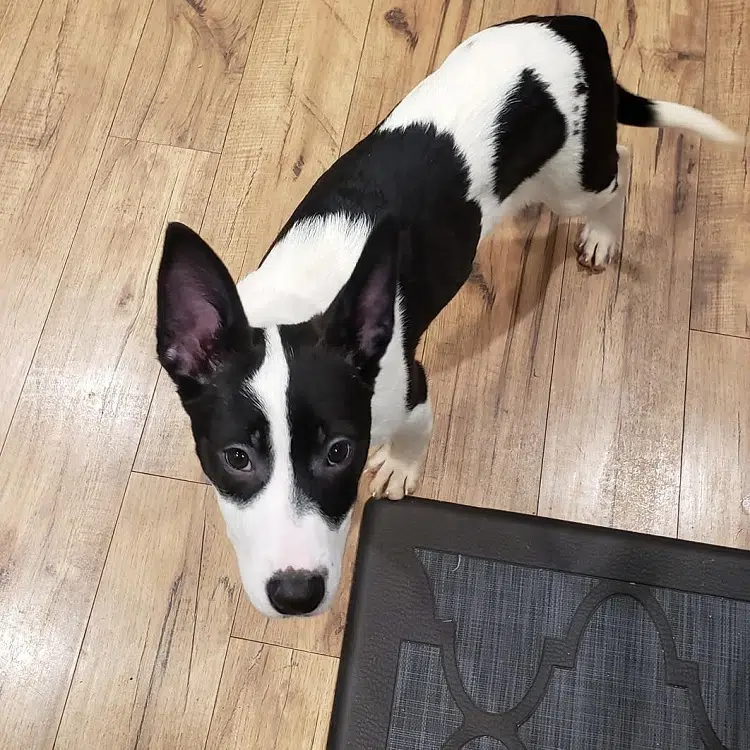
Honestly, I haven’t looked back. There are frustrations and there are victories. There is cuteness and snuggles, and antics and giggles. I couldn’t believe what a fun addition these dogs were to our family. And then one morning, a strange sadness settled for basically no reason at all. We had just had a great morning with successful potty breaks and silly playtimes. But then, one pup started irritating the other and my happiness bubble popped and I felt a heaviness about raising these puppies I hadn’t felt before. It was weird and unexpected and I kind of wanted to cry.
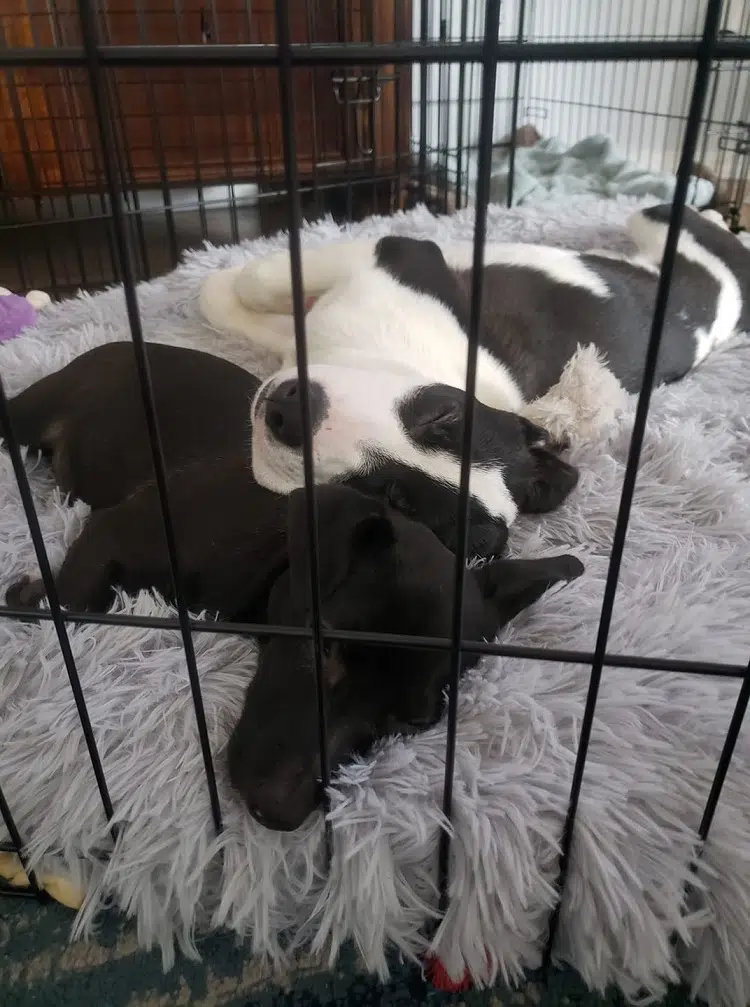
So I went where I always go when I’m caught off guard – the internet. I posted on a puppy-training Facebook group I’m in just to test the waters:
Alright pup parents, I’m looking for commiseration here. I feel like it’s fairly easy to raise an emotionally healthy human, and far harder to raise an emotionally healthy pup. So much can go wrong so quickly, and the socialization window is so small! I feel like I’ve been a pretty great human mama but I’m failing as a dog mom. Anyone else feel this way?We’ve always adopted rescues so I know there was a lot out of my control and we weren’t able to get them at 8 or 10 weeks like a “normal” puppy, but I’m just struggling. Tell me I’m not alone!
- “You are not alone!!!”
- “OMG this is me!”
- “Thank you for posting! I am finding relief in all of the responses.
 “
“ - “We didn’t know it would be this hard.”
- “We adopted a rescue that was just entering adolescence, so we don’t have that foundation of cute puppyhood that I think helps people bond with their dogs. It’s taken so much patience.”
- “Our pup has been with us for just over a week and I’m really struggling too. I didn’t expect it to be so incredibly difficult…”
- “I am definitely feeling the puppy blues
 . I’ve cried everyday and had a crippling anxiety attack on Sunday.”
. I’ve cried everyday and had a crippling anxiety attack on Sunday.” - …and my very favorite: “I agree it is far easier to train your own species!
 “
“
Throughout the comments several people mentioned the “puppy blues.” So being the sociology enthusiast that I am, I had to look it up even though simply reading through the thread snapped me out of my funk. Turns out, the puppy blues are actually a real thing. They’re also referred to as “post puppy depression” (as compared to postpartum depression).
Now before I go on, I want to make one thing clear: I’m not making light of mental health issues, postpartum depression, or any other condition. I’m not comparing “post puppy depression” to the hell that is hormonally-induced PPD or anxiety. They are real, they are crippling, and they are not to be taken lightly. But what I am saying is that if you’re feeling a little down or overwhelmed after welcoming a new puppy into your home, you are not alone. There are definitely some similarities.
Here’s what you need to know about the puppy blues.
They are not hormonally induced. This is obvious, but postpartum depression (though it has many factors) is hormonally influenced.
They are frequently rooted in the gap between expectation and reality. Just like having a baby, getting a puppy isn’t all cuddles and cuteness. There is work, there is disobedience, and a lot of times things don’t work out the way you want them to. Maybe your pup’s personality isn’t quite what you were hoping, or your dream of a running partner is dashed because your dog doesn’t even like to walk to the end of the block.
They are also rooted in a desire for control. You want your baby to sleep. You want your puppy to obey. All the internet advice doesn’t work out as perfectly as it seems to for everyone else. You don’t get to sleep through the night. Potty training isn’t working out well. All these things contribute to the weight of the feelings.
You may feel a lack of connection. Some puppy parents (or parents adopting older dogs) have trouble connecting with their pup, much like real PPD.
You may have feelings of regret. You feel like you’ve ruined your life. You feel like you’ve ruined your children’s lives. You feel like you’ve ruined your other pets’ lives. You may incur expenses you didn’t expect and you may feel panicked when you realize the costs of pet ownership are higher than you planned.
You cast vision too far into the future. Raising a pup is slow in many ways, but it’s also like condensed baby and toddlerhood of humans. There’s a lot to do, a lot that can go wrong, and less ability to correct some of the things that go awry. All this pressure can make it seem like everything you do holds a huge weight that may contribute to your puppy blues.
Some things may increase your risk. If you’re prone to depression/anxiety during stressful life changes, you may be more prone to the puppy blues. The younger dog the you bring home, the more sleep you can plan to lose so that may also increase your risk.
How to Handle the Puppy Blues
Here are some things you can do to combat the puppy blues.
1. Adjust your expectations. Don’t expect perfection. Expect that things will be hard.
2. Understand what’s outside of your control. Can you control your puppy’s schedule? Yes. Can you form their personality into the exact animal companion you’ve been dreaming of? No. Before you get a dog, set yourself up to enjoy and appreciate the dog you have, not completely form them into the dog you want. (This is different from obedience training where you’re shaping the behavior, not the personality.)
3. Find a support network. Make sure you have a plan for getting breaks. Have someone who can watch your pup if you need to get away for a few hours, or join a Facebook group for connection with (and advice from) other puppy parents going through the same thing.
4. Get professional help if you need it. By “professional help” I’m not referring to counseling (though no shame if you feel you need it)! Instead, take classes, hire a trainer, or even just go to a drop-in social play session to connect with a dog training professional. Every piece of advice will help you. If nothing else, watch YouTube videos!
5. Crate train your pup. This will help foster a sense of security for your dog and also give you a guilt-free break once in awhile. Remember that dogs aren’t people. They are den animals, and feel safe and secure in their own small space. It is not cruel to crate. It will also help your potty-training, obedience, and sleep training efforts.
If you’re struggling with the “puppy blues” or post-puppy depression, remember you’re not alone! Your feelings may last an hour, come and go over time, or last for a longer duration. If owning a puppy does throw you into a true depression, don’t hesitate to seek therapy. But if you’re just experiencing mild regret or unexpected feelings, know it’s common and short-lived.
Pretty soon things will get easier and you’ll have that BFF you always dreamed of.
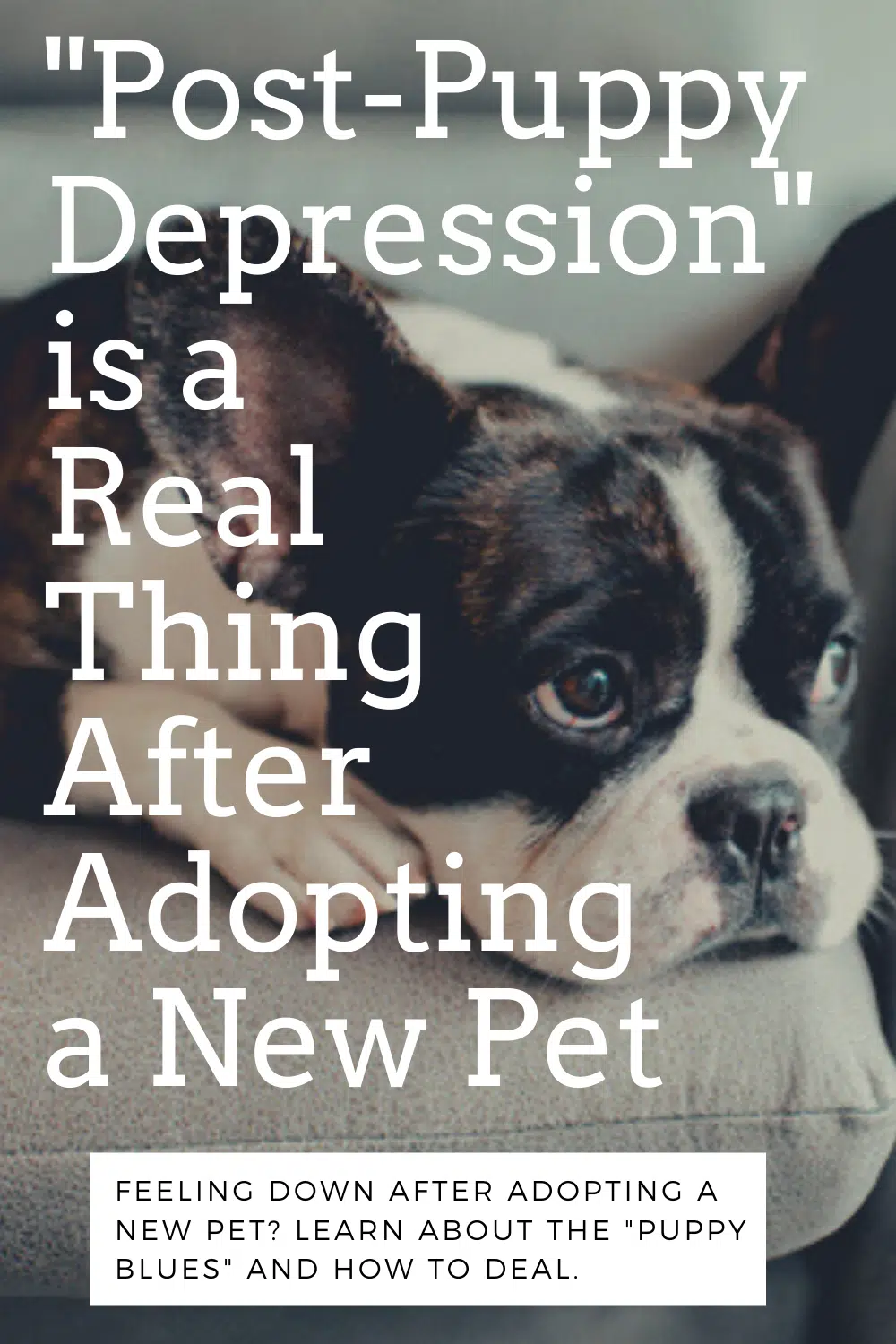 RELATED:
RELATED:








